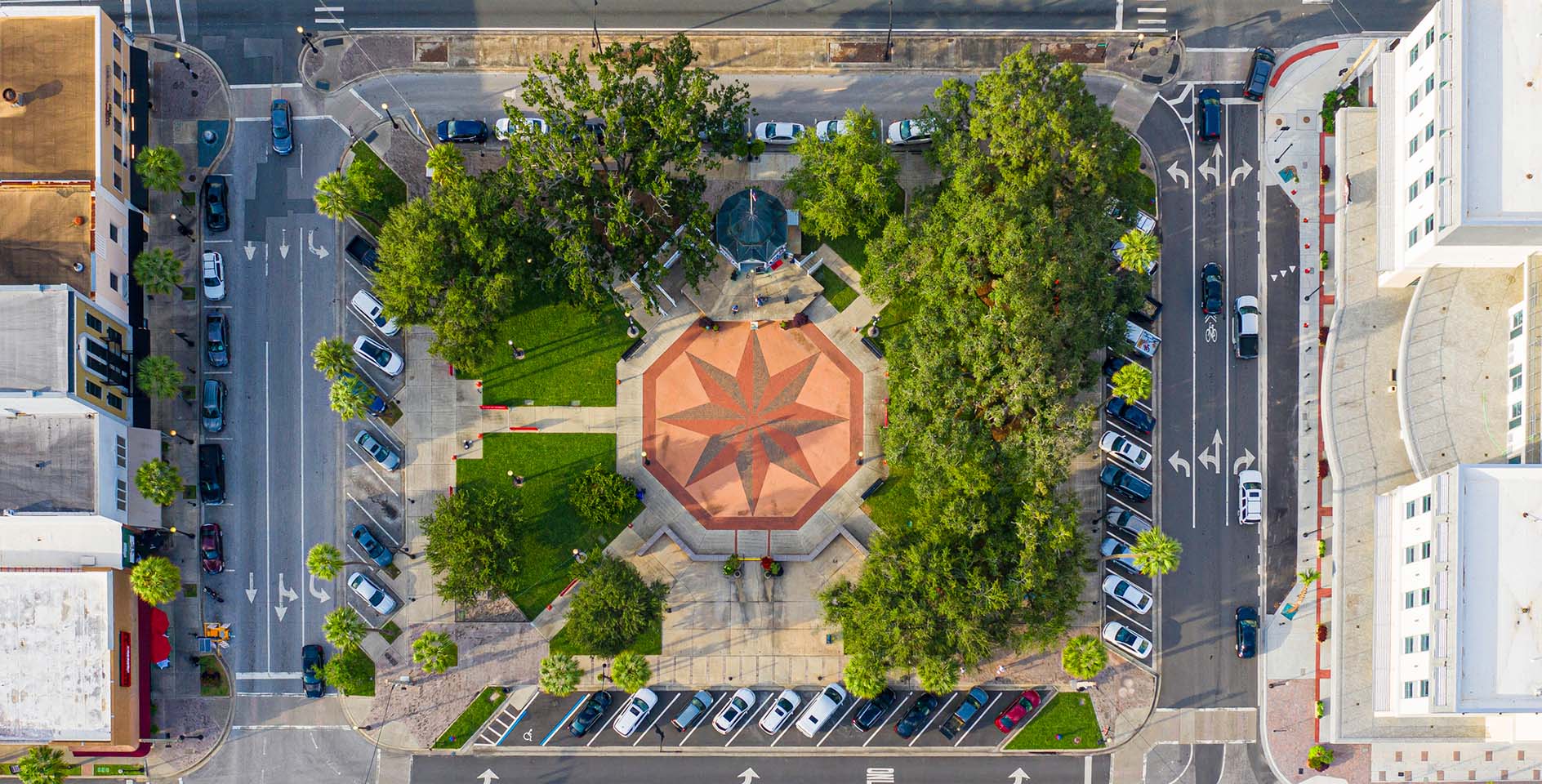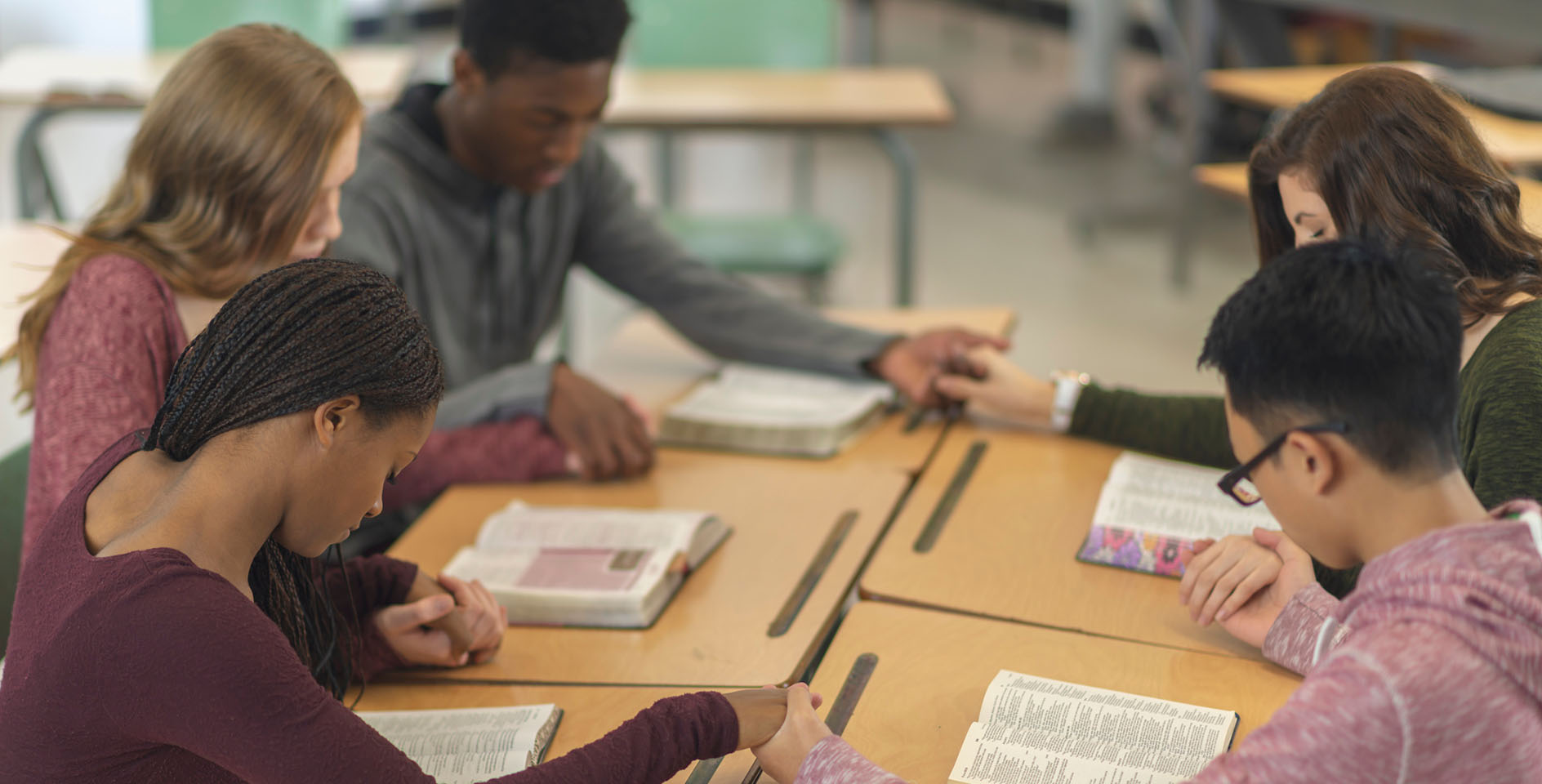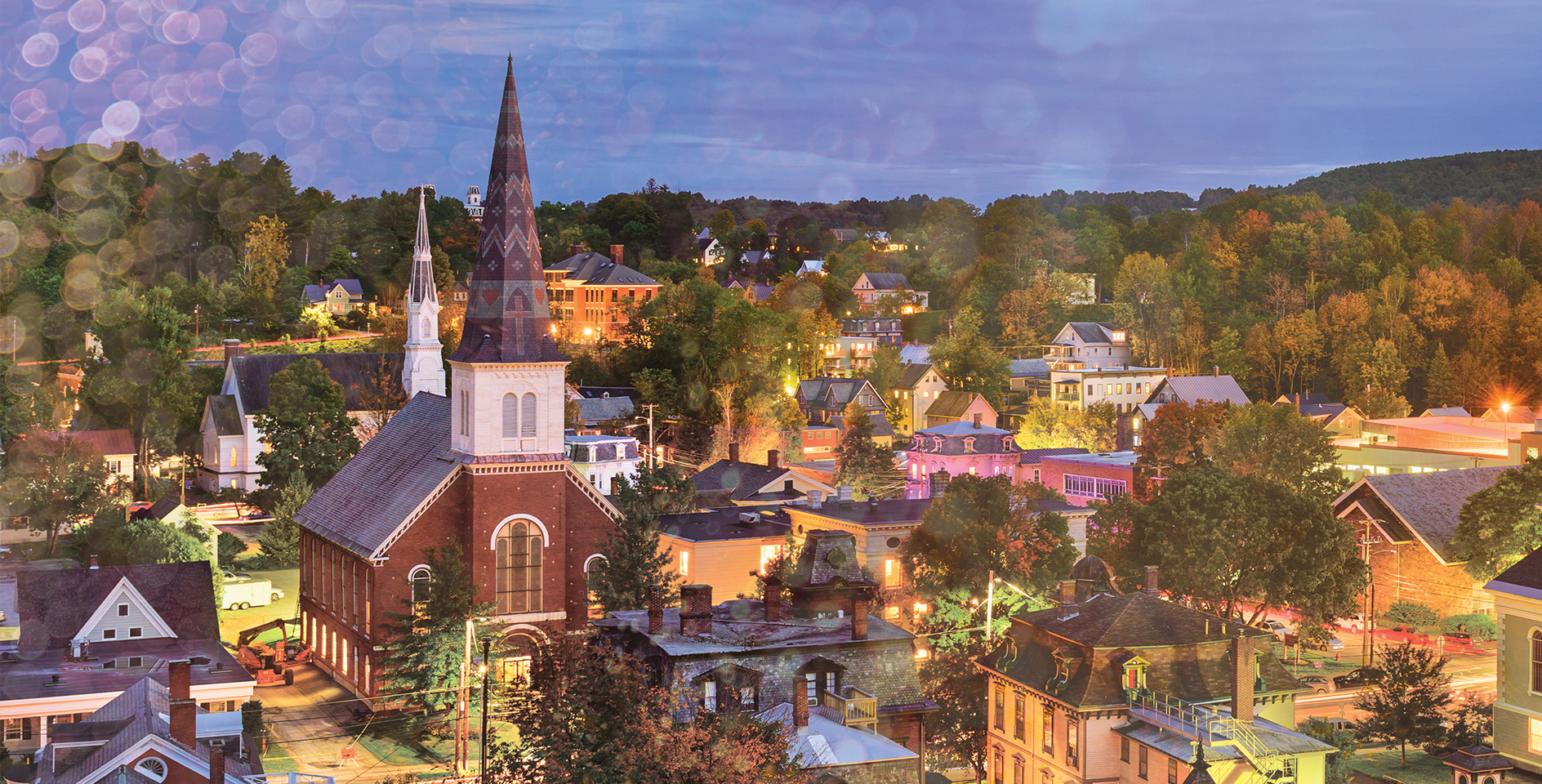
Today, the Supreme Court ruled 5-4 to uphold the right of Greece, New York citizens to begin its municipal meetings in prayer.
Writing for the majority, Justice Kennedy argues that,
These ceremonial prayers strive for the idea that people of many faiths may be united in a community of tolerance and devotion. Even those who dis- agree as to religious doctrine may find common ground in the desire to show respect for the divine in all aspects of their lives and being. Our tradition assumes that adult citizens, firm in their own beliefs, can tolerate and per haps appreciate a ceremonial prayer delivered by a person of a different faith.
[…]
Ceremonial prayer is but a recognition that, since this Nation was founded and until the present day, many Americans deem that their own existence must be under stood by precepts far beyond the authority of government to alter or define and that willing participation in civic affairs can be consistent with a brief acknowledgment of their belief in a higher power, always with due respect for those who adhere to other beliefs.
In the Town of Greece, New York, the town board held monthly meetings to conduct city business. The board opened these meetings with a prayer given by a rotating resident of the town. A majority of the time, the prayers were offered by Christian pastors, although in a few instances members of other faith traditions offered the invocation (a Jewish man, a Baha’i leader, and a Wiccan).
The challengers to the Town’s practice argued that this practice amounts to an “establishment” of religion by the government. Because members of the public that are required to be at the board meeting for city business like zoning issues, they argue, the public is forced to pray.
Ultimately, this case is about whether a prayer offered before a governmental meeting of any kind is constitutional. This particular case is about a town board meeting, but prayers are offered every day as Congress, state legislatures, state and federal courthouses, city councils, and school boards open for business. Praying to God for wisdom, guidance, and Providence as the legislature opens for business has been a part of America’s tradition since the days of the Founding Fathers.
Legislative prayer serves the purpose of reminding us that the government is not a faceless, monolithic institution: it is made up of people with diverse perspectives and diverse religious viewpoints. And indeed, if American culture continues to grow more hostile toward the beliefs held by evangelical Christians, the freedom for legislators and other public officials to express their religious beliefs openly will be a great comfort to what may become a Christian minority.
At the same time, Christians must recognize that freedom to express religious viewpoints in the public square is just that: freedom. The days when it seemed possible to ensure that all religious speech in the public square reflected orthodox Christianity are becoming history. If Christians are to preserve our own rights to express our religious views in the public square, we must just as zealously defend the rights of members of other faiths to defend their religious views, even if they are different from our own.
The best path forward for the United States is neither secularism nor theocracy, but a healthy, civic pluralism that recognizes and respects the diversity of viewpoints and beliefs in our society.
What makes America great is our ability to accept our differences, even when those differences are expressed in the public square. When we allow evangelicals to pray as evangelicals, Catholics to pray as Catholics, Muslims to pray as Muslims, Jews to pray as Jews, we are not undermining political pluralism in our democracy, we’re upholding it.
Today, the Supreme Court ruled correctly; and Christians of all stripes should be thankful. But this victory is extended not only to Christians, but also to people of all faiths or no faith at all, for it is a victory in the state recognizing its limits over its own citizenry. This is a sentiment echoed by Justice Kennedy, who writes,
Government may not mandate a civic religion that stifles any but the most generic reference to the sacred any more than it may prescribe a religious orthodoxy.
The ERLC provided a white paper on why this case is of significant importance. It’s available here.









